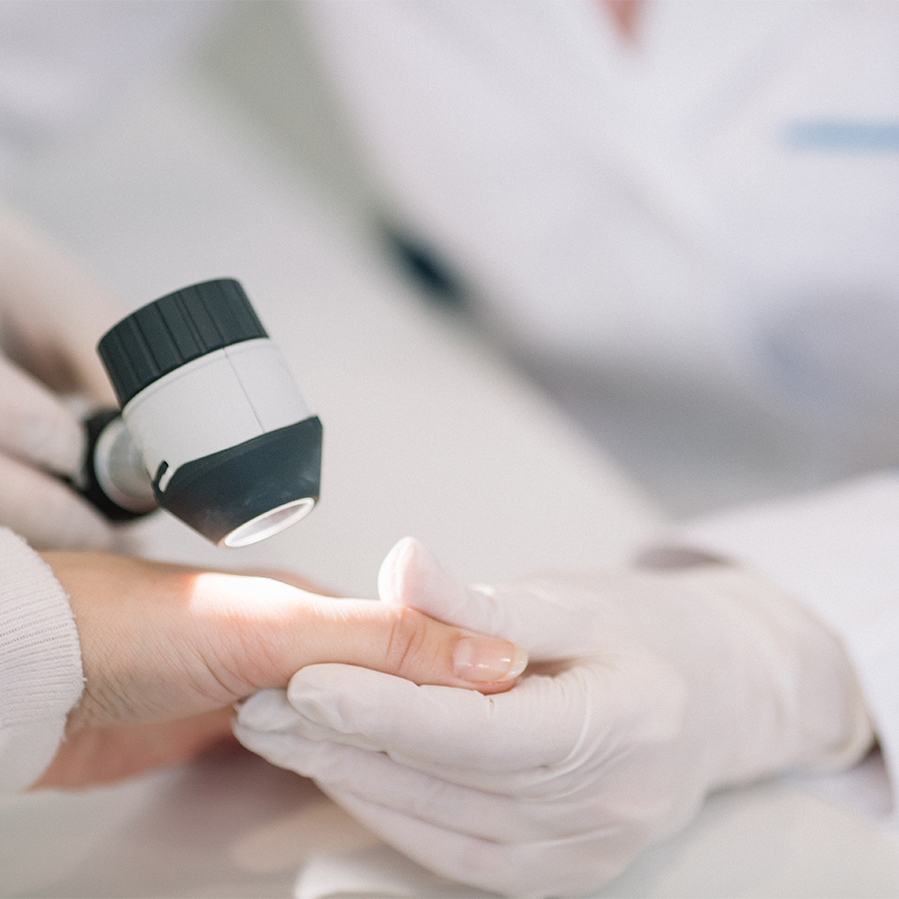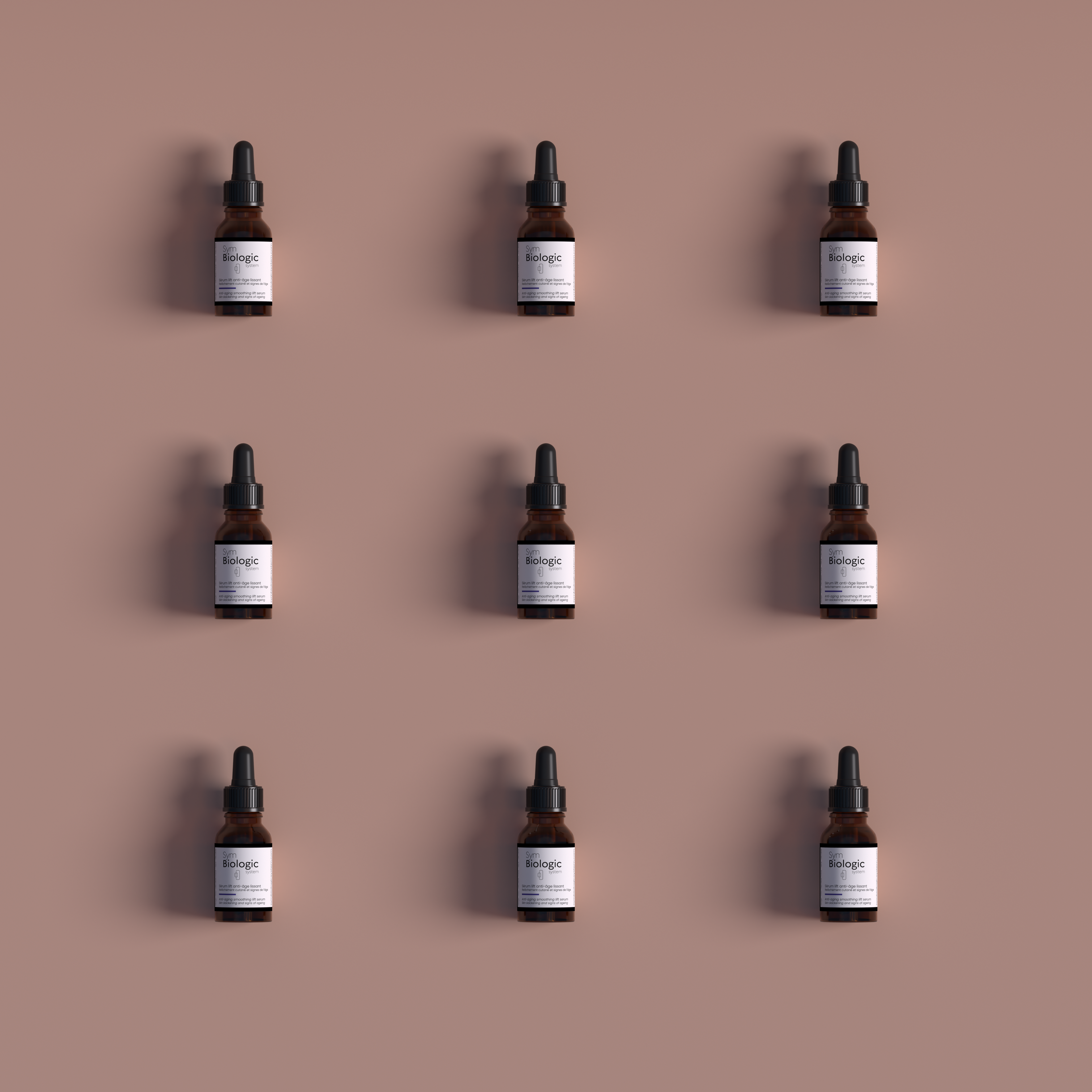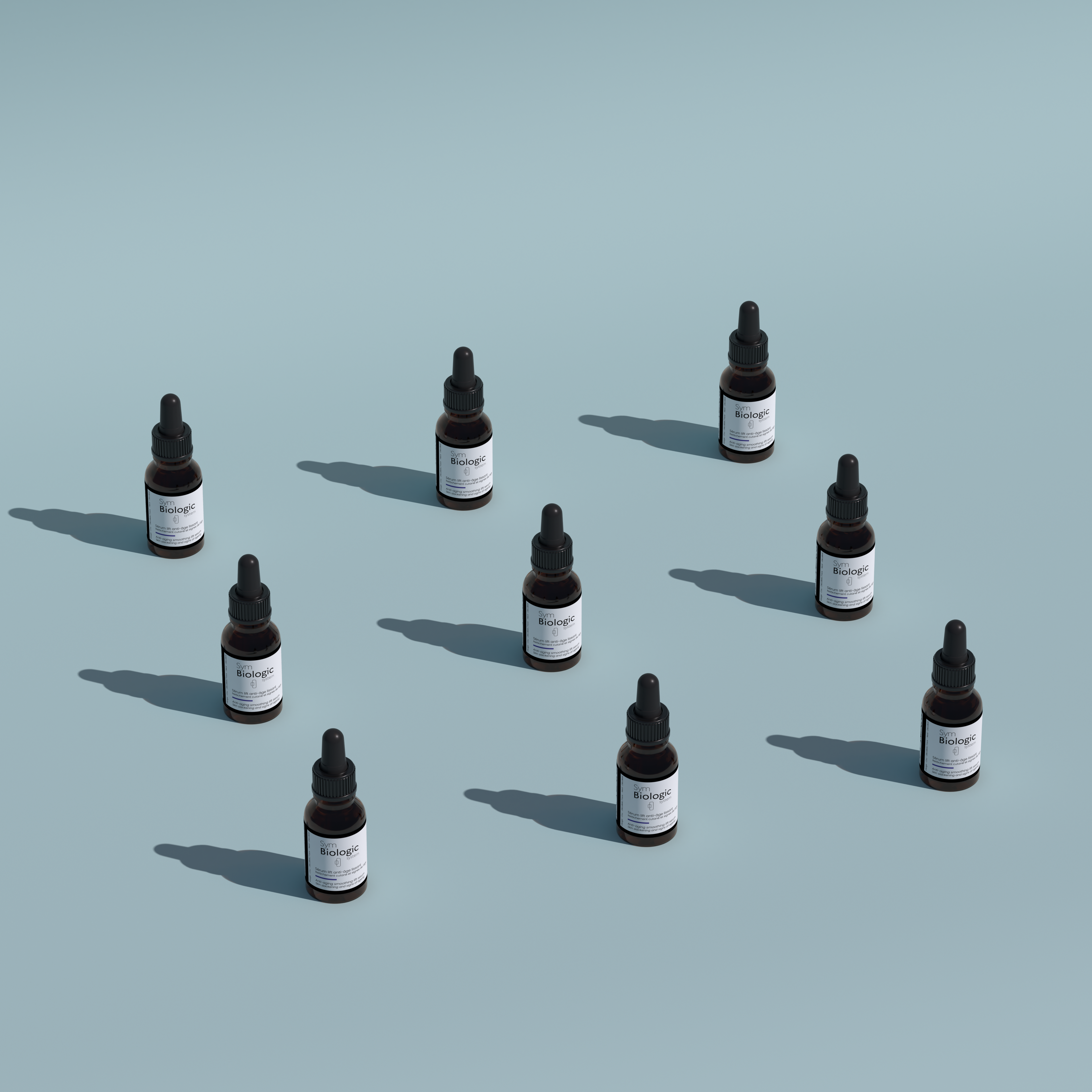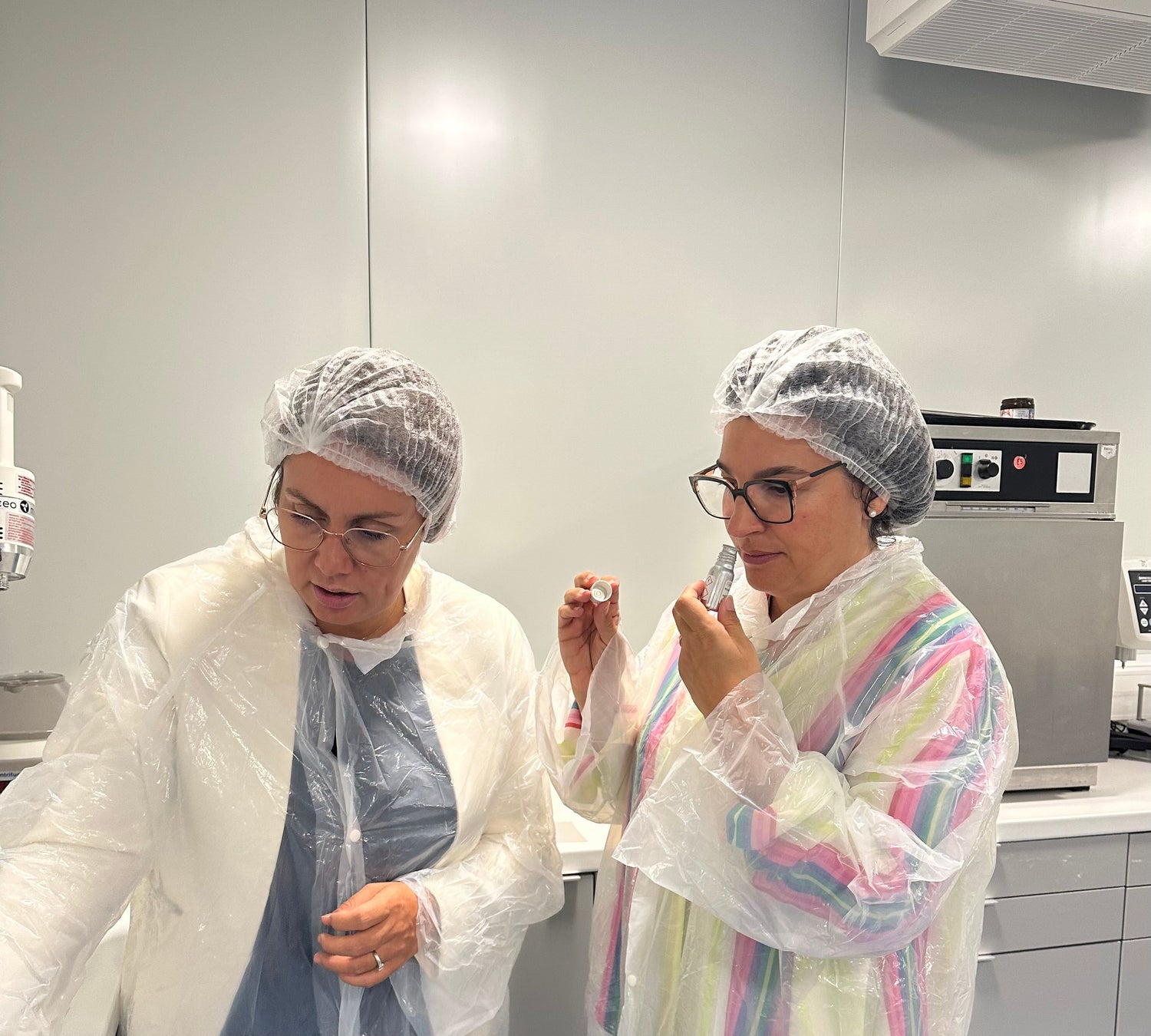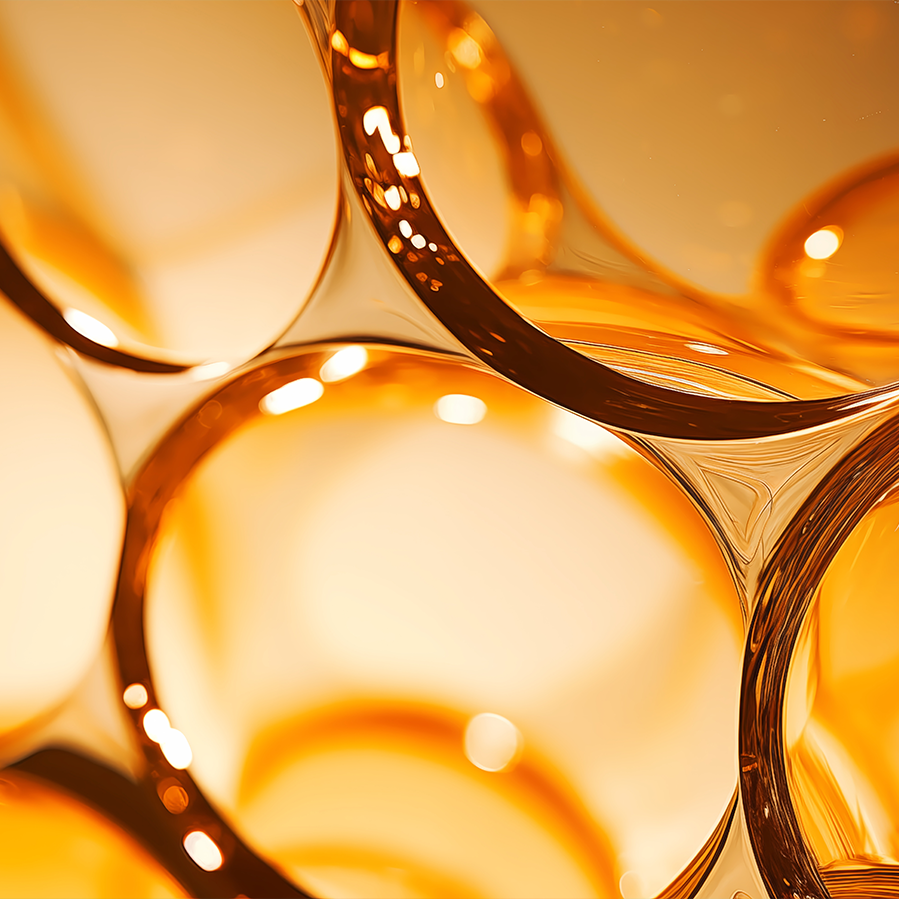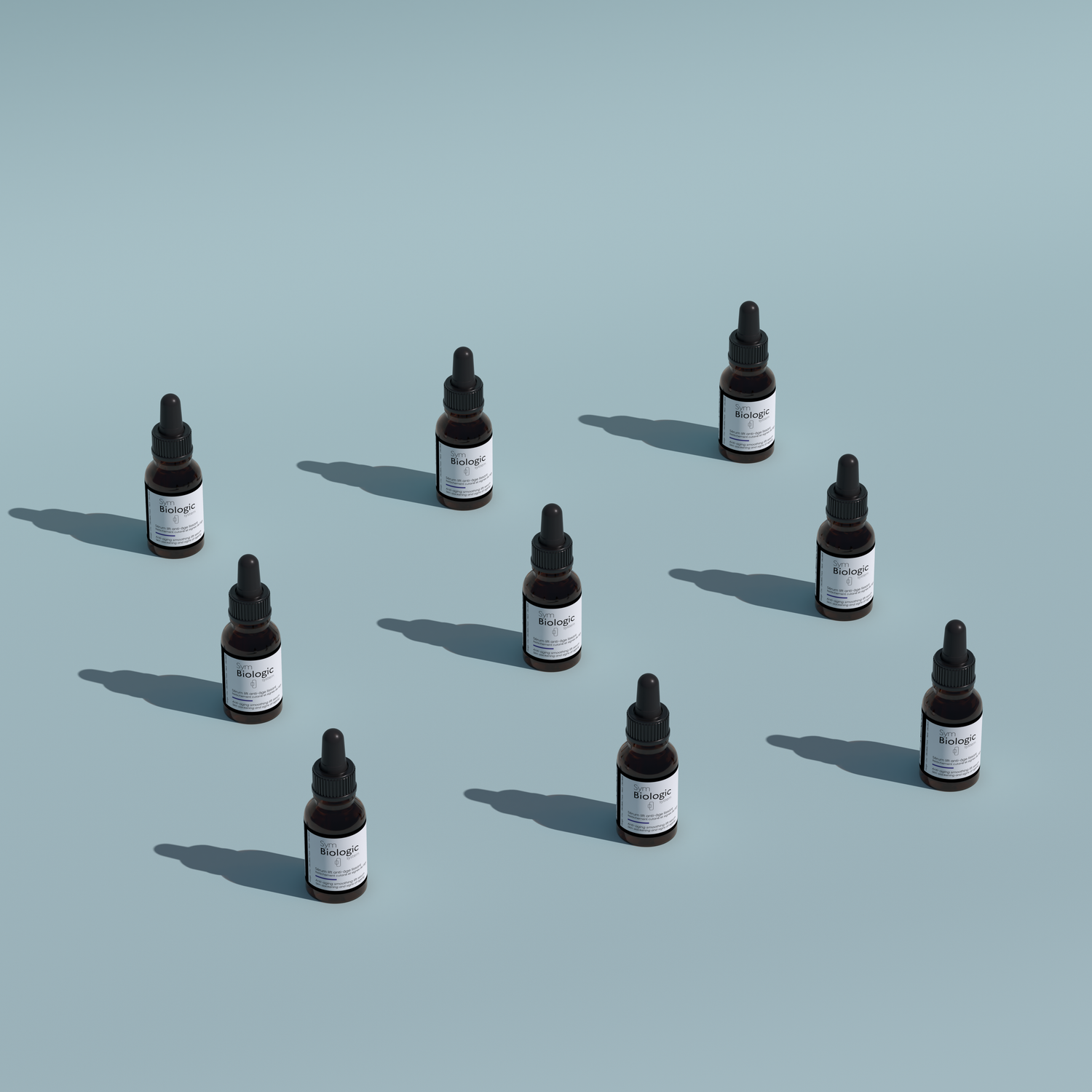Hello Explorers,
The science of dermatology has greatly evolved, offering valuable insights into the complex workings of our skin. By understanding these key principles, we can better care for our skin and keep it healthy. Let's see what science has taught us.
1. The Crucial Importance of Hydration
The first fundamental principle is hydration. But contrary to what you might think, moisturizing your skin doesn't simply mean applying creams or lotions. Hydration is first and foremost the skin's ability to retain water, in other words, to limit transepidermal water loss. This water loss is a natural process, but when the skin barrier is weakened, it intensifies, leading to dryness and irritation. Good hydration therefore means reinforcing this barrier to keep water inside the body and maintain the skin's water balance.
2. Mechanical Stimulation for Younger Skin
Science has also shown that mechanical stimulation of the skin is essential for its health. Our fibroblasts, the dermal cells, need this stimulation to produce hyaluronic acid, elastin and collagen. These components are crucial for skin elasticity, firmness and hydration. Activities such as facial massages, exercise and even the careful application of skincare products can help stimulate these cells, promoting younger, healthier skin.
3. The skin: a living, reactive organ
Finally, modern dermatology reminds us that the skin is not simply an outer covering. It's a living, dynamic and incredibly reactive organ. It responds and adapts to internal and external influences, whether hormonal, environmental or lifestyle changes. This understanding encourages us to adopt a more holistic approach to our skin care, taking into account not only the products we use, but also our diet, stress levels and overall environment.
Conclusion
Through scientific advances, dermatology offers us a deeper understanding of how the skin works. By applying these principles, we can take better care of our skin, preserving it not only today, but for years to come.
Take care of yourself and your skin,


